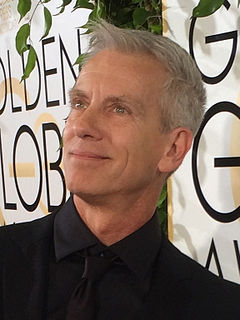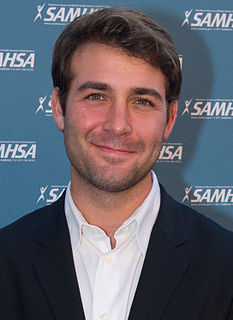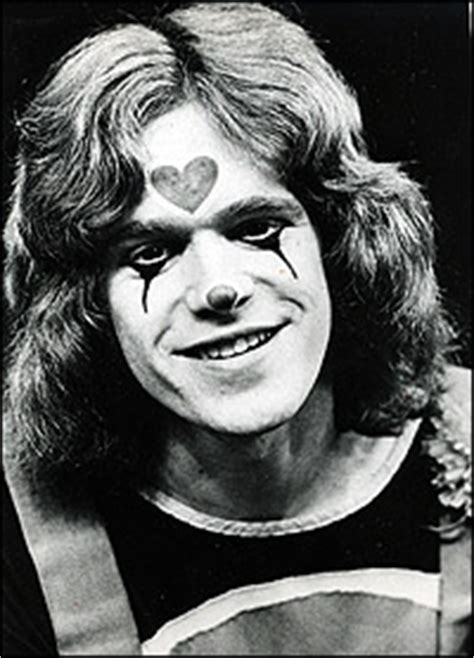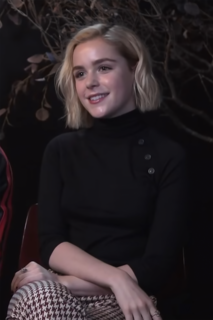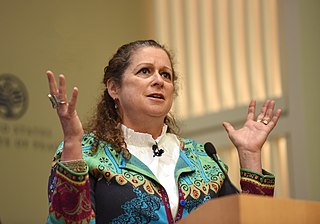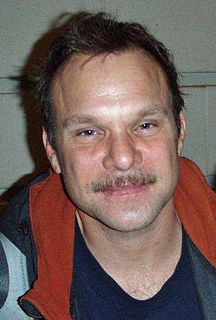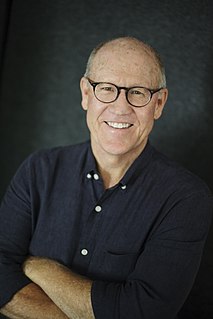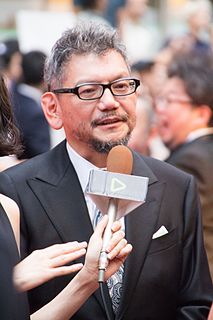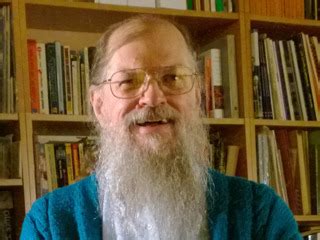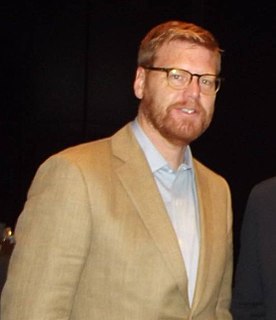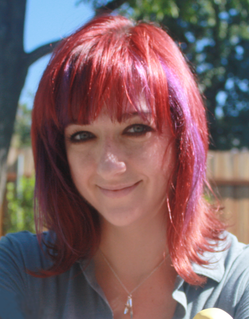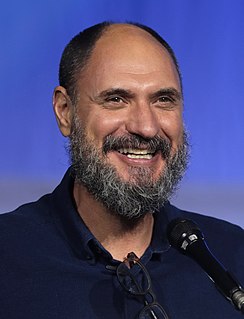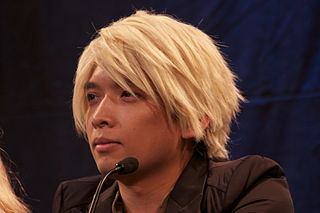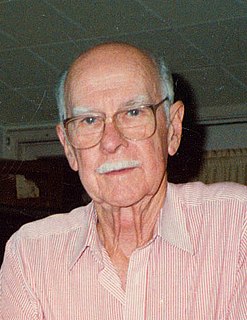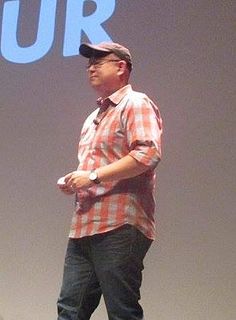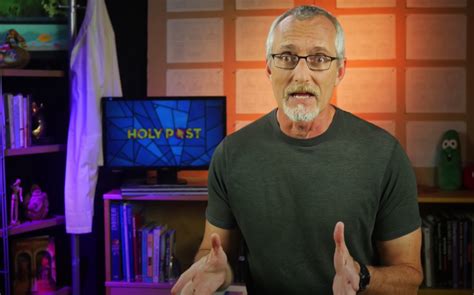A Quote by Chris Sanders
The animators are fantastic though. They'll shoot their own reference material, and just go into the car park or something. And they might shoot a very funny scene, or sometimes a serious scene. But they're really just trying to work out the motion. Yet what we get treated to is hilarious video of someone running around a parking lot with a broomstick and a helmet!
Related Quotes
During my third season of 'Zoo,' I was picked up by a car to go to work. We had this huge scene to shoot that day, but the traffic was just gridlock. My transportation guy got a call saying, 'Where are you? We need to start shooting.' So I got out of the car and just took off running by all of these cars that weren't moving an inch.
Sometimes people that are very good at improvisation in life, meaning like stage improvisation, aren't good in films because you have to ultimately take a scene where it needs to go. It's not about just saying something that's funny. You can say something funny but if it's not on story or driving the scene to its end it's really not very helpful at all.
Studios are so used to digital now and there is a mythology that it's cheaper. But it's really not cheaper. For instance, digital is great for night exteriors, everybody knows it's a video tap, so it's very responsive to light. So you can go out at night, shoot with digital and it's gorgeous, beautiful to look at . Conversely, you go out and shoot day exterior, and it slams you, just like you know from your own video recording.
"St. Lucia We Love" is actually a song produced by Stratosphere music (also St. Lucian). The CEO of Stratosphere music approached me and wanted me to produce a music video for this song which was already a hit in my country. I felt privileged to have been chosen to do such a video. So every time I went out to shoot a scene from the video, I would get a still shot from the scene to tease the public. The photo of the amazona versicolor is is an actual scene from the video which was released on St. Lucia's Independence day (22nd February, 2013).
I always thought the piano scene was kind of unique to shoot because we were actually able to film with the playback of the actual song. And that was quite amazing because it almost made it easier - music is usually something that is added after filming has finished so to be able to shoot a scene with music was really wonderful.
Occasionally, as an actor, you're not... Sometimes, at least for me, I'm not fully in the groove until the second or third take, in which I would not want to just stop. If it's a scene that takes a lot of work and time, sometimes the scene gets better with time, and sometimes it gets exhausted. I think it just depends on the scene.
I get very close to people when I'm shooting them. We would go and shoot a scene with Lucy, and I would spend the whole time telling her about Rob. Then I would go shoot a scene with Rob and tell him all about Lucy. Eventually they wanted to know each other. These are two people who would never have overlapped in any other way or context. We brought to the garden at Rob's office and just sat and watched what unfolded. I remember weeping behind the camera, because I was so moved by the way they connected.
Because of the way that I work with the actors and because a scene is not in this rigid and literal interpretation of something written, I can constantly change stuff, which means I can get a scene absolutely perfect, and then when we go to shoot it, the requirements of the shot mean it would be useful to extend the dialogue or take a line out or swap things around. So the camera doesn't serve the action. The action serves the camera. That's important. So it becomes more and more organic and integrated.
All my cuts are always about three hours, at the start, mainly because any scene in the movie that's 90 seconds, I probably shot a five-minute version of. If you just extrapolate that through the whole movie, I have a very long version of every scene, usually because, if there's one funny joke, I'll shoot five because I don't know if the one I like is going to work. I'll get back-ups because my biggest fear is to be in previews, testing the movie, and a joke doesn't work, but I have no way to fix it because I have no other line.
The stage is that immediate rush of energy you get from the audience. Also, doing something in chronology - something that starts and finishes the same night. In television, you work toward the one scene, you shoot it, and then you have to forget about it because you have to worry about the next scene.
